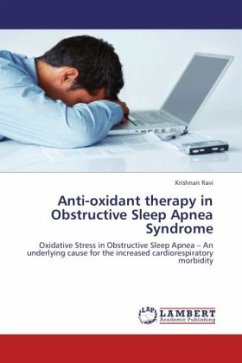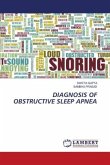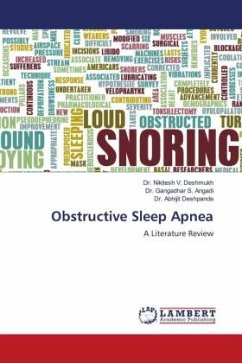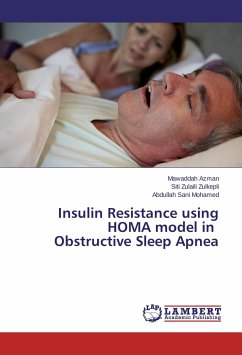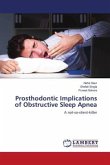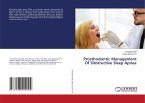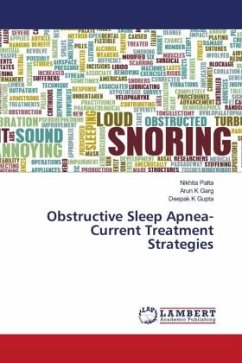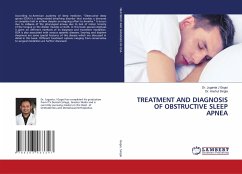The past decade has seen a rapid increase in the number of subjects being referred for the diagnosis of obstructive sleep apnea syndrome (OSAS) and OSAS is considered as a major contributor for the increased morbidity seen in patients with cardiorespiratory ailments. Nasal continuous positive airway pressure (CPAP) is the first line of treatment for these patients. In spite of it giving good relief, a sizable number of them refuse CPAP treatment. The poor compliance is due to the discomfort associated with its usage as well as its prohibitive cost. As there is repetitive nocturnal hypoxia-reoxygenation in OSAS, oxidative stress has been considered as an underlying mechanism for the link between OSAS and cardiorespiratory diseases. Even though the markers for oxidative stress were found to be increased in these patients, whether anti-oxidant intake produces beneficial effects was not demonstrated until recently. The present monograph highlights how oral intake of anti-oxidants improves the quality of sleep in patients with OSAS. It also hints that such a line of treatment may reduce their dependency on CPAP.
Bitte wählen Sie Ihr Anliegen aus.
Rechnungen
Retourenschein anfordern
Bestellstatus
Storno

